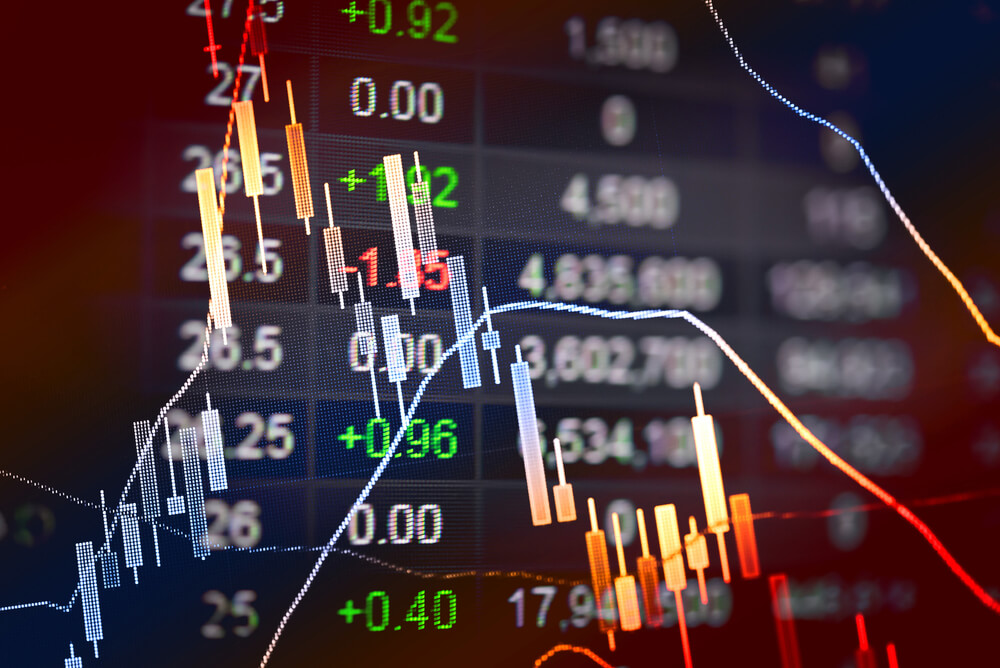
When it comes to Forex, London is a major global financial centre. If you’re looking for a London based Forex broker, there are a few key questions you should ask yourself before making your decision.
What experience do they have?
Forex brokers in London come with a wide range of experience levels. It’s essential the broker you choose has experience in the markets you’re interested in trading.
A Forex broker’s reputation is crucial because it reflects the quality of its services. A good reputation means that they provide high-quality services and are reliable. Conversely, if a broker has a bad reputation, it means that they provide low-quality services and are not trustworthy.
For these reasons it is essential to do your research before choosing a Forex broker to ensure you are dealing with a reputable firm. This will help ensure that you receive high-quality services and are protected from scams or fraudulent activities.
What services do they offer?
Not all brokers offer the same services. Ensure the broker you choose offers the services you need, including access to futures and spot markets.
It is vital to look for one that offers a wide range of services. This will ensure that you have all the tools you need to succeed in the forex market. Some of the services you should look for include:
- A variety of account types, including micro and mini accounts
- Userfriendly trading platforms offering a variety of features
- 24/7 customer support
- The ability to trade over the phone or through an app
- The ability to trade on multiple markets, including stocks, commodities and indices
What technology do they use?
Technology is an essential factor when choosing a broker. Make sure the broker you choose has an easy platform to use and meets your needs.
Most forex brokers use various technologies to provide their clients with a safe and efficient trading experience. Some of the technologies that are commonly used include
- Trading platforms: These platforms allow traders to buy and sell currencies, as well as track their portfolios and receive real-time quotes
- Data feeds: The data that forex traders use can come from a range of different sources, including central banks, commercial banks, and other financial institutions.
- Forex analysis tools: These tools help traders to make informed decisions about where to invest their money.
- Forex education materials: Many forex brokers offer their clients access to educational materials, such as eBooks, webinars, and tutorials, to help them learn about the forex market
These technologies play a crucial role in helping forex brokers provide a high-quality trading experience for their clients. In addition, many brokers also offer mobile apps that allow traders to trade on the go. By using various technologies, brokers can give their clients the best possible trading experience while also ensuring that their money is safe and secure.
What are their fees?
Fees can vary significantly from broker to broker. Make sure you understand all the fees associated with using the broker’s services before signing up.
Forex brokers charge various fees, depending on the type of account you have and the services you use. Generally, there are three types of fees: trading fees, inactivity fees, and withdrawal fees.
Trading fees are charged each time you buy or sell a security. Inactivity fees are assessed when you don’t trade or invest in security for some time. Withdrawal fees are charged when you take money out of your account.
Most forex brokers don’t charge commissions, but they charge a spread. This is the difference between the bid price (the price at which someone is willing to buy) and the asking price (the price at which someone is willing to sell). The spread is usually expressed in pips, the smallest increment of price movement.
Some forex brokers also charge a commission on top of the spread. Typically, this commission is based on the size of the transaction. For example, a commission of $10 per lot would be charged for every 1,000 units traded.
Forex brokers also earn money from the interest paid on margin accounts. Margin is essentially borrowed money that is used to buy securities. The interest rate charged on margin accounts varies from broker to broker, but it is typically around 2-3%.
What is their reputation?
Finally, it’s essential to research the broker’s reputation. Ensure they are licensed and registered with the Financial Conduct Authority in the UK. You can also read reviews online to get an idea of what others have experienced with the broker.
By asking yourself these key questions, you’ll be able to find the perfect Forex broker in London for your needs. You can find a London-based brokerage that offers all you need on this website.





